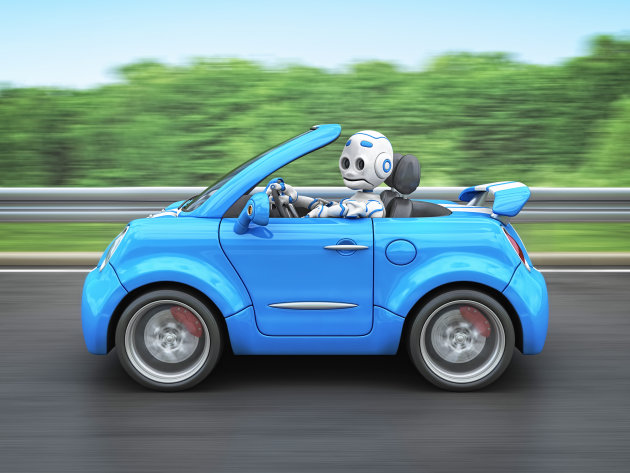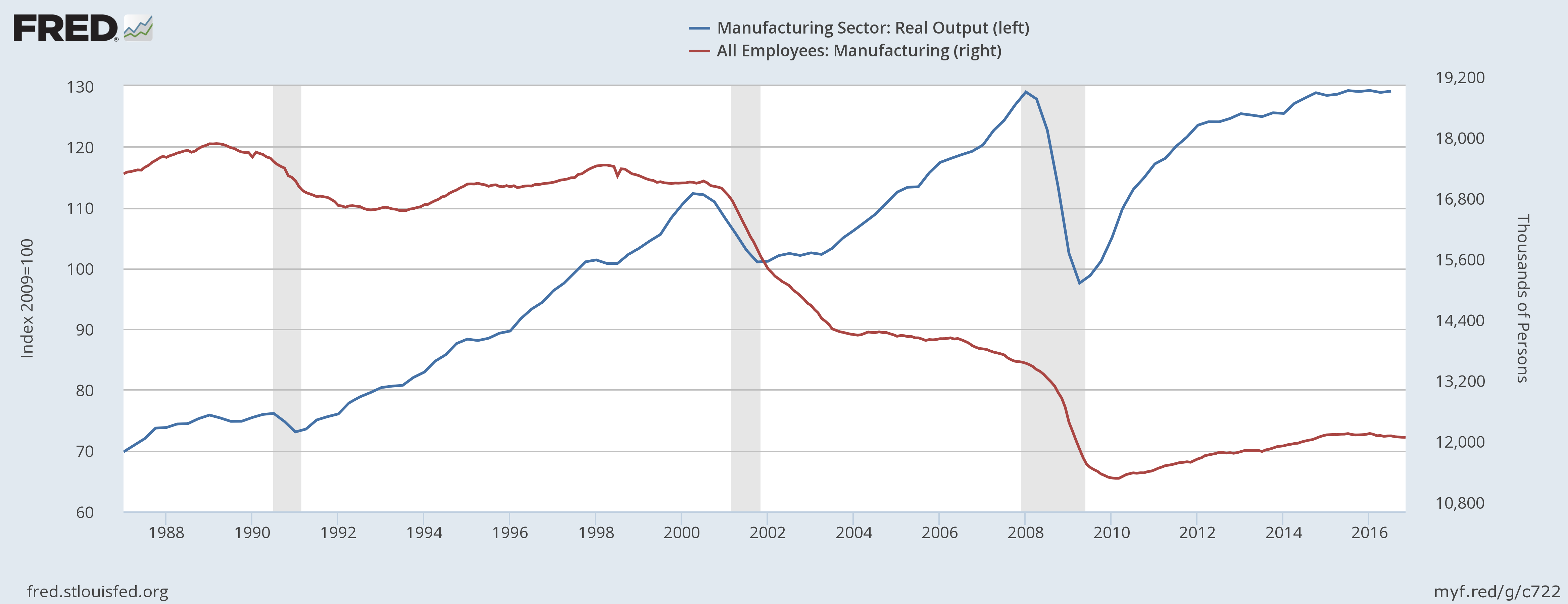Uber drivers: Employees, contractors, or something else?
A primary issue with the so-called 'sharing economy' (companies like Uber, TaskRabbit, Lyft and a bunch more), is a classic HR issue: whether or not the people delivering these kinds of on-demand services should be classified as independent contractors, or regular full or part-time employees of these companies.
Uber has argued, (sometimes unsuccessfully), that it's drivers are actually independent contractors as each driver gets to choose when and where they work, provide their own vehicles, and usually have other sources of work/employment besides working as drivers of the Uber service. The arguments for classifying Uber drivers as regular employees center around the significant rules and conditions Uber sets for the delivery of the service, its driver rating and evaluation system, and the types and conditions of the vehicles that drivers can use.
This 'contractor vs employee' argument is going to take some time to play out in the courts, in the court of public opinion, and maybe even in the next presidential election. And where your take falls in this debate seems to me is mostly going to be influenced by your own capacity for risk and willingness to take ownership of your own career. But at least in the case of the 'shared ride' services like Uber and Lyft, this debate is probably only a temporary one. Soon, perhaps as soon as within the next 5 years or so in some areas, it won't matter if the Uber driver is an employee of Uber or an independent contractor, because the Uber driver won't be a driver at all.
Check this quote from 2014 by Uber CEO Travis Kalanick during an interview on the ride-sharing service:
During the interview, Kalanick was asked what he thinks of self-driving cars.
"Love it. All day long," said Kalanick.
"The reason Uber could be expensive is you're paying for the other dude in the car. When there is no other dude in the car, the cost of taking an Uber anywhere is cheaper. Even on a road trip."
Kalanick said that self-driving cars ordered up through a service like Uber will eventually bring the cost of ridership so far down that car ownership will "go away."
At least in this exchange, the Uber CEO had clearly envisaged a world where the 'employee vs contractor' discussion has been rendered moot, and the drivers, 'the other dudes in the car', transitioned out of whatever kind of employment relationship they had (or didn't have), and the costs to the customer driven down since the 'other dude' is automated away.
And I think this, this threat, (and likelihood) of automation of this kind of work, and for 'normal' taxi, truck, and even limo drivers, is the really important discussion that people who care about the future of work and workers should be having. Whether or not some Uber driver is a contractor or an employee in 2015 is mostly an issue of regulations, taxes, and some benefits. It matters, but only in a limited sense if the real future of work is not really about employment status classification but rather about if there will be human employment at all.
Have a great weekend!

 Steve
Steve


